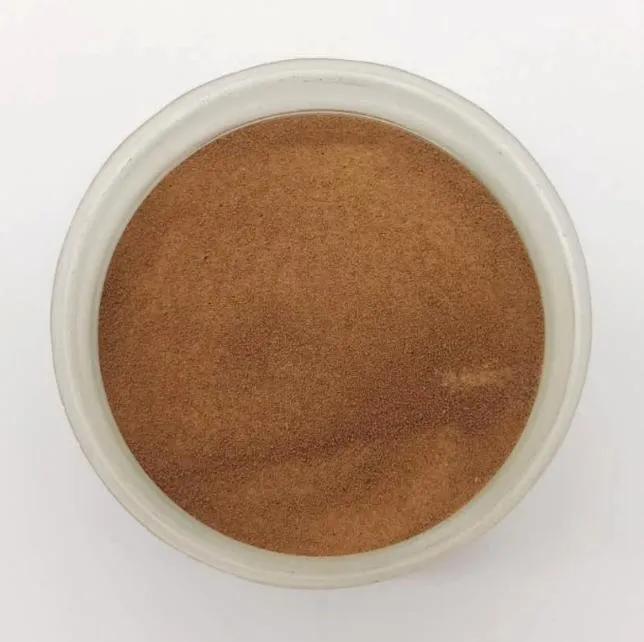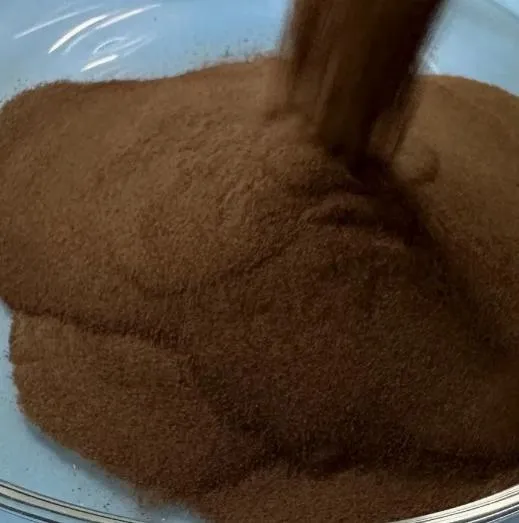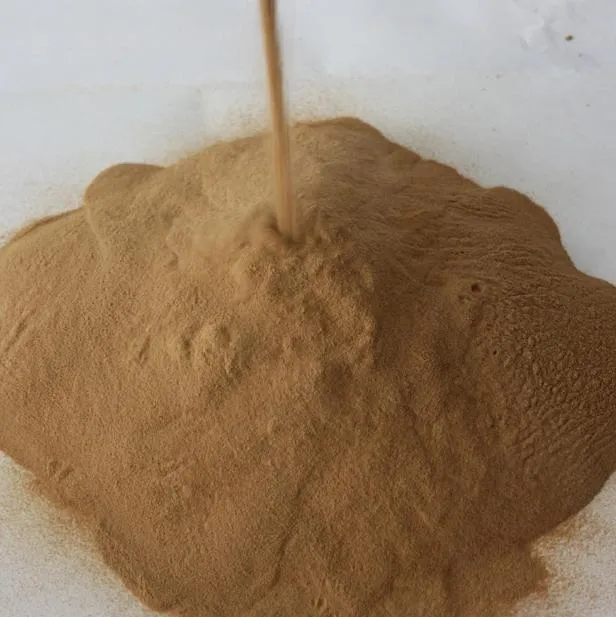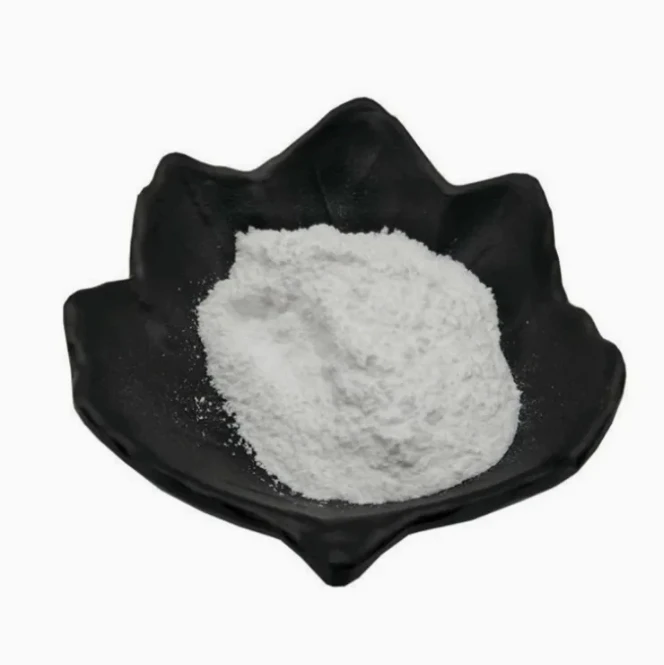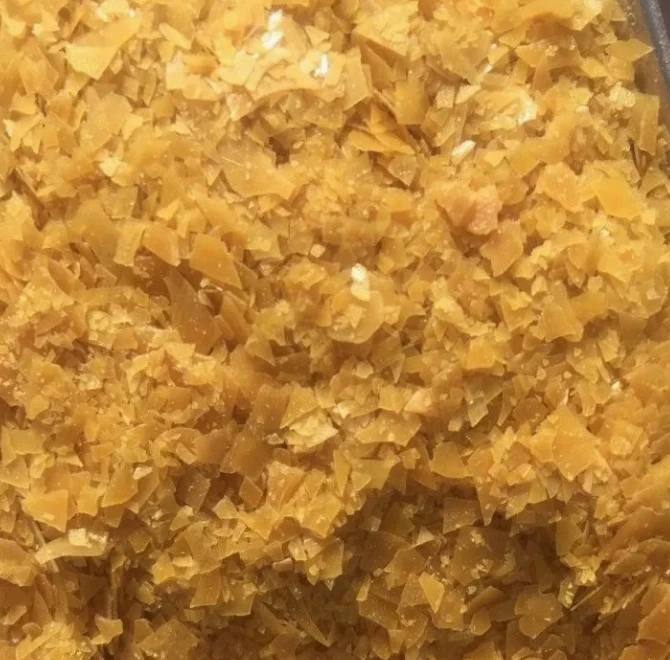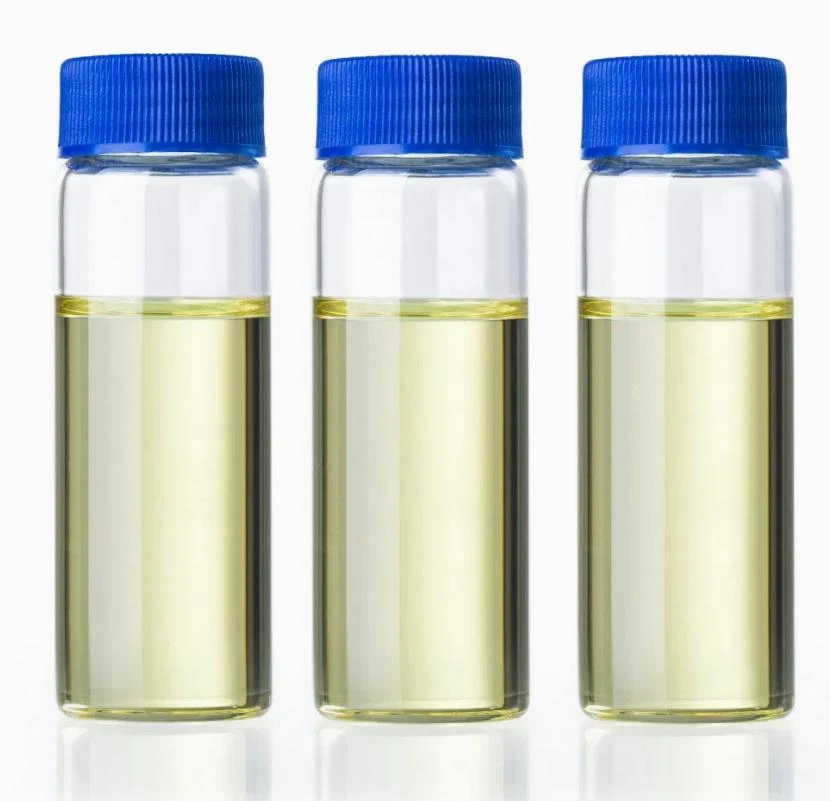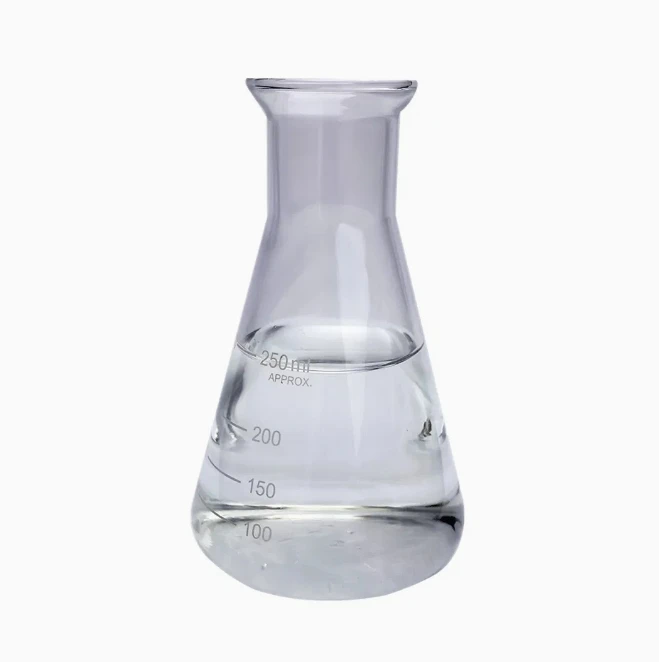Warning: Undefined array key "file" in /home/www/wwwroot/HTML/www.exportstart.com/wp-content/themes/1198/header.php on line 7
Warning: Undefined array key "title" in /home/www/wwwroot/HTML/www.exportstart.com/wp-content/themes/1198/header.php on line 7
Warning: Undefined array key "title" in /home/www/wwwroot/HTML/www.exportstart.com/wp-content/themes/1198/header.php on line 7
- Umunyafurika
- Ikinyalubaniya
- Amharic
- Icyarabu
- Ikinyarumeniya
- Azaribayijan
- Basque
- Biyelorusiya
- Ikibengali
- Bosiniya
- Buligariya
- Igikatalani
- Cebuano
- Ubushinwa
- Ubushinwa (Tayiwani)
- Corsican
- Igikorowasiya
- Ceki
- Danemark
- Ikidage
- Icyongereza
- Esperanto
- Esitoniya
- Igifinilande
- Igifaransa
- Igifaransa
- Abagalatiya
- Jeworujiya
- Ikidage
- Ikigereki
- Gujarati
- Igikerewole
- hausa
- hawaiian
- Igiheburayo
- Oya
- Miao
- Hongiriya
- Isilande
- igbo
- Indoneziya
- irish
- Umutaliyani
- Ikiyapani
- Javanese
- Kannada
- kazakh
- Khmer
- Rwanda
- Igikoreya
- Kurdish
- Kirigizisitani
- Igituntu
- Ikilatini
- Ikilatini
- Lituwaniya
- Luxembourgish
- Abanyamakedoniya
- Malgashi
- Malayika
- Malayalam
- Maltese
- Maori
- Marathi
- Mongoliya
- Miyanimari
- Nepali
- Noruveje
- Noruveje
- Occitan
- Pashto
- Persian
- Igipolonye
- Igiporutugali
- Punjabi
- Ikinyarumaniya
- Ikirusiya
- Samoan
- Abanya-Gaelic
- Igiseribiya
- Icyongereza
- Shona
- Sindhi
- Sinhala
- Igisilovaki
- Igisiloveniya
- Somaliya
- Icyesipanyoli
- Sundanese
- Igiswahiri
- Igisuwede
- Tagalog
- Tajik
- Tamil
- Tatar
- Telugu
- Tayilande
- Turukiya
- Abanyaturukiya
- Ukraine
- Urdu
- Uighur
- Uzbek
- Abanya Vietnam
- Welsh
- Ubufasha
- Yiddish
- Yoruba
- Zulu
Nigella Sativa Extract Thymoquinone Powder
Thymoquinone is a naturally occurring chemical compound found in the seeds of Nigella sativa, commonly known as black seed. It is a potent bioactive compound known for its diverse health-promoting properties. Thymoquinone is a yellowish crystalline substance with a characteristic pungent taste and aroma. It is soluble in organic solvents like ethanol and sparingly soluble in water.
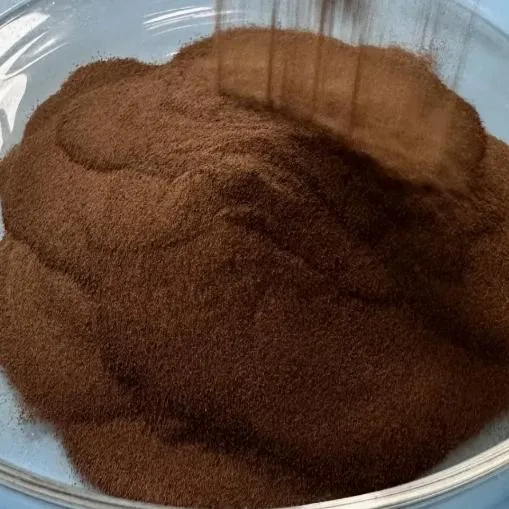

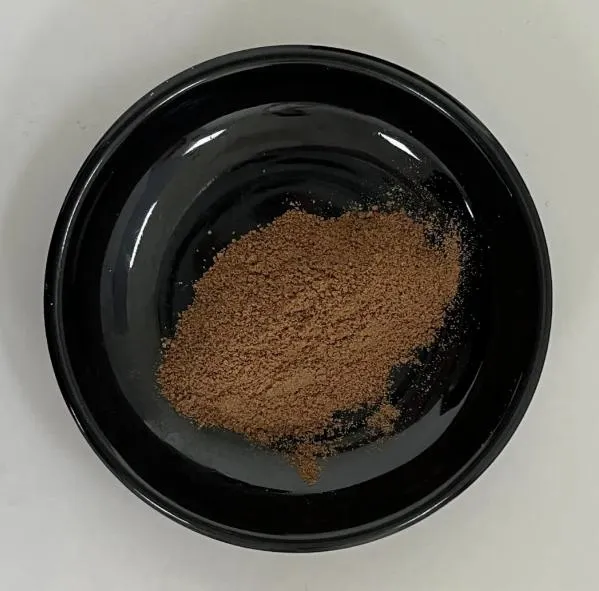
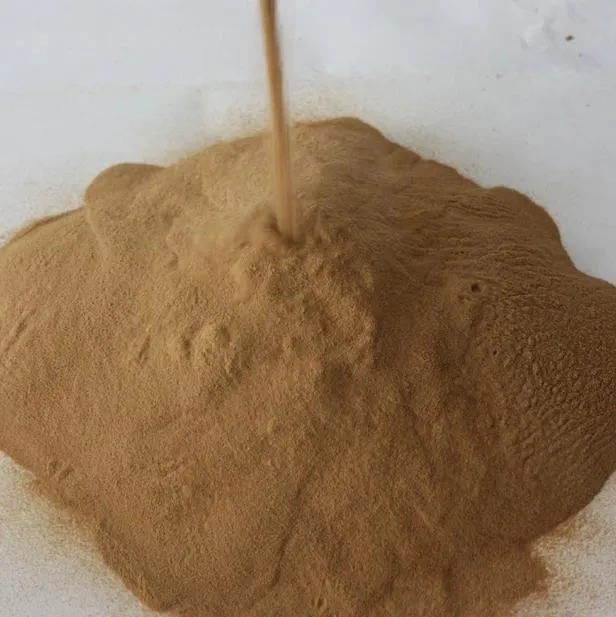
Thymoquinone finds applications in various industries and fields. In the pharmaceutical industry, it is used as an active ingredient in natural health supplements and traditional herbal medicines due to its potential therapeutic effects. Thymoquinone is also utilized in the cosmetic industry for its antioxidant properties, which help protect the skin from environmental damage and promote a youthful appearance. Furthermore, its antimicrobial activity makes it a valuable ingredient in personal care products like soaps and lotions. Thymoquinone is the subject of ongoing research in cancer treatment, and it holds promise as an adjuvant therapy for improving the efficacy of chemotherapy and radiation.
Thymoquinone exhibits numerous beneficial functions owing to its potent antioxidant, anti-inflammatory, antimicrobial, and anticancer properties. As an antioxidant, it helps protect cells from oxidative stress and damage caused by free radicals. Its anti-inflammatory properties contribute to reducing inflammation and improving overall immune function. Thymoquinone also demonstrates antimicrobial activity against various pathogens, making it effective against microbial infections. Additionally, it shows promising anticancer activity by inhibiting tumor growth and inducing apoptosis in cancer cells.
Dufite inganda nyinshi zo mu rwego rwo hejuru hamwe nubufatanye bwimbitse, zishobora kuguha ibicuruzwa byiza kandi nibiciro byapiganwa. Turashobora kandi gutanga kugabanyirizwa kugura byinshi.Kandi turafatanya namasosiyete menshi yohereza ibicuruzwa byumwuga, birashobora gutanga ibicuruzwa neza kandi neza mumaboko yawe. Igihe cyo gutanga ni iminsi 3-20 nyuma yo kwemeza ko wishyuye.

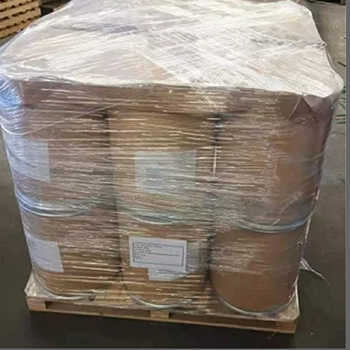
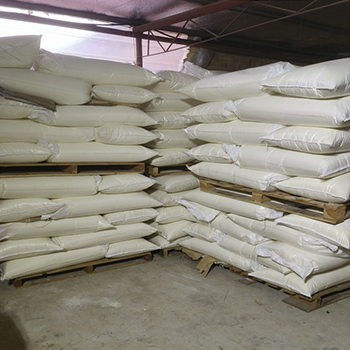
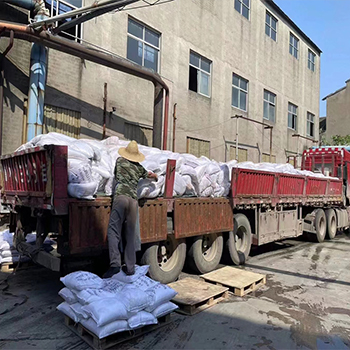
| Product name | nigella sativa extract thymoquinone powder | |||
| Ingingo | Ibisobanuro | Ibisubizo | Methods | |
| Marker compound | 5% Thymoquinone | Hindura | HPLC | |
| Appearance & Color | Brown | Hindura | GB5492-85 | |
| Odor & Taste | Characteristic | Hindura | GB5492-85 | |
| Plant Part Used | Seed | Hindura | ||
| Extract Solvent | Water | Hindura | ||
| Bulk Density | 0.4-0.6g/ml | 0.50g/ml | ||
| Mesh Size | 80 | 100% | GB5507-85 | |
| Gutakaza Kuma | ≤5.0% | 3.11% | GB5009.3 | |
| Ash Content | ≤5.0% | 0.25% | GB5009.4 | |
| Solvent Residue | Ibibi | Hindura | GC(2005 C) | |
| Total Heavy Metals | ≤10ppm | 3ppm | AAS | |
| Arsenic (As) | ≤1.0ppm | 0.15ppm | AAS(GB/T5009.11) | |
| Lead (Pb) | ≤3ppm | 2ppm | AAS(GB5009.12) | |
| Cadmium | <1mg/kg | Not Detected | AAS(GB/T5009.15) | |
| Mercury | ≤0.3ppm | Not Detected | AAS(GB/T5009.17) | |
| Umubare wuzuye | ≤5000cfu/g | conform | GB4789.2 | |
| Total Yeast & Mold | ≤300cfu/g | conform | GB4789.15 | |
| E. Coli | ≤40MPN/100g | Not Detected | GB/T4789.3-2003 | |
| Salmonella | Negative in 25g | Not Detected | GB4789.4 | |
| Staphylococcus | Negative in 10g | Not Detected | GB4789.1 | |

1. Waba uruganda cyangwa isosiyete yubucuruzi?
Turi compnay ihuza inganda nubucuruzi, dutanga serivise imwe.OEM irashobora kwemerwa.
2. Utanga ingero? Nubuntu cyangwa birenze?
Ingero z'ubuntu. Amafaranga yo gutwara ibicuruzwa agomba kwishyurwa kuruhande rwawe.
3. Waba ufite ibyemezo bijyanye no kugenzura ubuziranenge?
Icyemezo cya ISO 9001: 2008 kugirango cyemeze ubuziranenge.
4. Niki nakagombye gutanga kugirango mbone amagambo?
Pls utumenyeshe ubwoko bwibicuruzwa ukeneye, gutondekanya ingano, aderesi hamwe nibisabwa byihariye. Amagambo azakorwa kugirango ubone igihe.
5. Ni ubuhe buryo bwo kwishyura ukunda? Ni ayahe magambo yemewe?
Amasezerano yo gutanga yemewe: FOB, CFR, CIF, EXW;
Accepted Payment Currency:USD;EUR
Ubwoko bwo Kwishura Bwemewe: T / T, Western Union; Paypal, Ubwishingizi bw'Ubucuruzi.
Ururimi ruvugwa: Icyongereza.
Ibyiciro byibicuruzwa
-
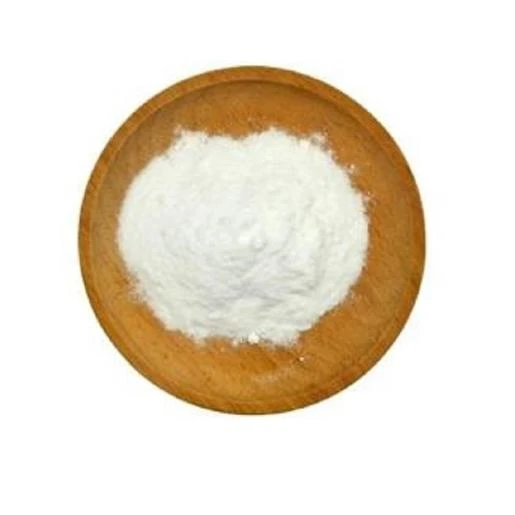 May . 13, 20252025 European Fine Chemicals Exhibition in GermanyThe much-anticipated Fine Chemicals Europe 2025 will be held in Germany from June 4 to 5, 2025. The event will bring together industry leaders, innovators and stakeholders in the fine chemicals sector, providing a unique platform for networking, collaboration and showcasing the latest advances in the field.
May . 13, 20252025 European Fine Chemicals Exhibition in GermanyThe much-anticipated Fine Chemicals Europe 2025 will be held in Germany from June 4 to 5, 2025. The event will bring together industry leaders, innovators and stakeholders in the fine chemicals sector, providing a unique platform for networking, collaboration and showcasing the latest advances in the field. -
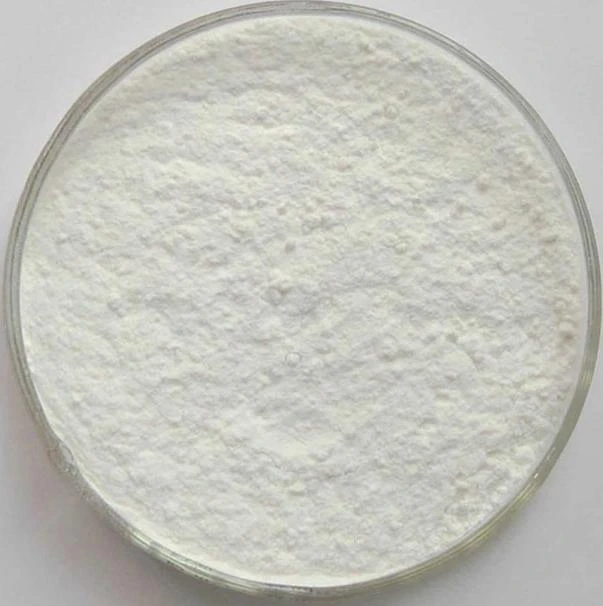 May . 07, 20252025 New York Cosmetics Ingredients ExhibitionThe much-anticipated 2025 Cosmetics Ingredients New York will be held at the Javits Center in New York from June 3 to 4, 2025. This event will bring together industry leaders, innovators and enthusiasts from all over the world to discuss the latest trends and advances in the field of cosmetic ingredients.
May . 07, 20252025 New York Cosmetics Ingredients ExhibitionThe much-anticipated 2025 Cosmetics Ingredients New York will be held at the Javits Center in New York from June 3 to 4, 2025. This event will bring together industry leaders, innovators and enthusiasts from all over the world to discuss the latest trends and advances in the field of cosmetic ingredients. -
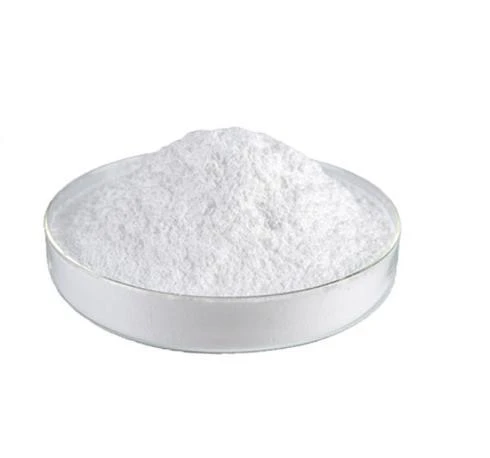 Apr . 27, 2025Zibo will host the 2025 International Chemical ExpoZibo, a city known for its thriving chemical industry, will host the 2025 Zibo International Chemical Expo from May 16 to May 18, 2025. This highly anticipated event aims to bring together industry leaders, innovators and stakeholders from around the world to explore the latest advancements and trends in the chemical industry.
Apr . 27, 2025Zibo will host the 2025 International Chemical ExpoZibo, a city known for its thriving chemical industry, will host the 2025 Zibo International Chemical Expo from May 16 to May 18, 2025. This highly anticipated event aims to bring together industry leaders, innovators and stakeholders from around the world to explore the latest advancements and trends in the chemical industry.


